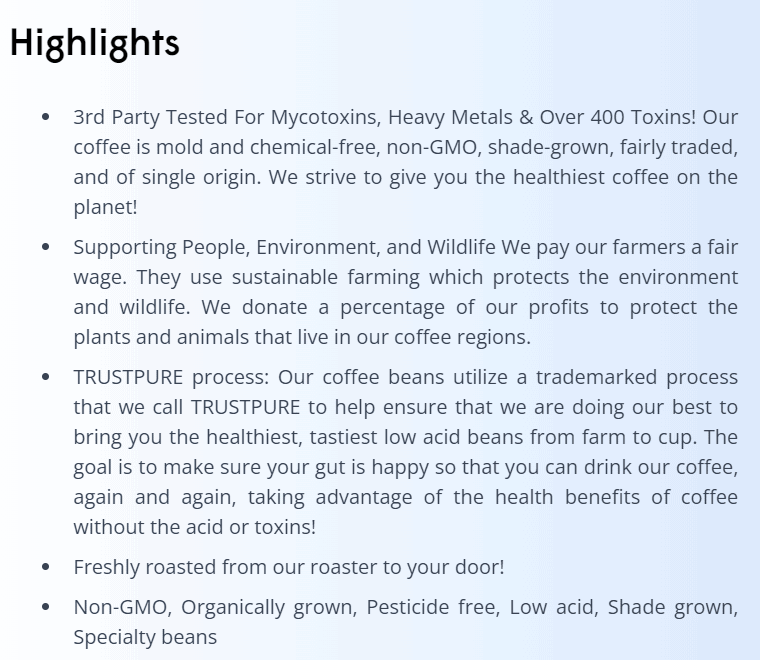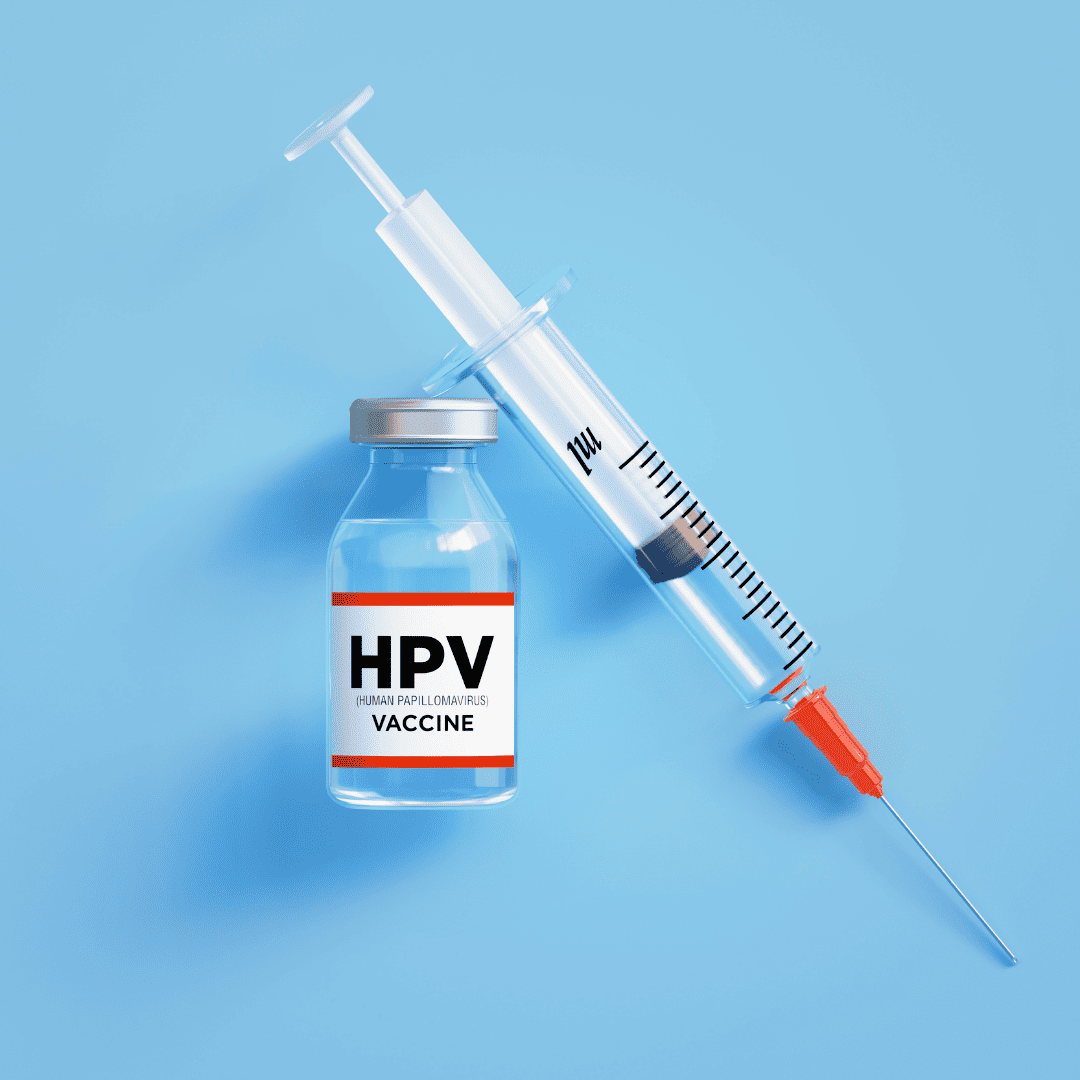I’m a big lover of coffee. As I write this, I’m drinking my one beautiful cup with butter and cinnamon😊
YUM!
Over the years I’ve gotten VERY particular about the coffee I drink because I have learned just how that morning cup of coffee can make or break you.
Now I will never suggest that you drink half a pot a day (or more!) but having a cup or 2 a day is OK as long as you don’t view it as a “requirement” for your energy levels (coffee can be masking/medicating your fatigue or adrenal dysfunction) or you are not getting symptoms from drinking it – anxious, irritability, low blood sugar, etc.
There is good in coffee!
Let’s start our “coffee talk” with recorded benefits of drinking “small” or “reasonable” amounts of coffee daily:
- Longer life
- Better controlled blood sugar
- Decreased risk of Heart Disease, Colon Cancer, Diabetes Type 2, Heart Failure, Parkinson’s Disease, Stroke, Alzheimer’s
- Keeps your liver happy
That’s A LOT of good stuff you can get out of a “cup o’ joe”!
BUT, did you know that most coffee brands contain pesticides, heavy metals and mycotoxins?!?
What the heck is a mycotoxin?
Mycotoxins are toxins produced by the molds Aspergillus and Pencillium. Mold can grow on beans (even if they are green) and can grow in ground coffee. Mold can and does contaminate much of the coffee sold out there – especially generic brands but even some of the “bougie” brands. If it doesn’t go the extra mile to tell you what they test for then they don’t test so don’t buy!
The most relevant coffee mycotoxins are Aflatoxin B1 and Ochratoxin A
Aflatoxin B1:
- Considered a “major public health concern”
- Known to be a potent carcinogen – particularly liver cancer – SEE HERE
- Found mostly in plants – beans, legumes, nuts, seeds, corn, grain
- Can cause immune deficiency
Ochratoxin A:
- Most prolific mycotoxin in coffee
- Thought to be a carcinogen
- Strongly related to kidney toxicity
- Can cause immune deficiency
Yep – most of you reading this are probably drinking a cup of moldy liquid right now! Yikes!
In addition to mycotoxins –if you don’t choose organic then there are TONS of pesticides and often heavy metals from the processing.
If you drink decaf you can be in even more trouble as the common chemical process to remove caffeine from coffee can be even more toxic than the above 2 issues combined!
Several ways coffee can become moldy:
- It already grows in a tropical, moist climate
- Washed and wet processed
- Dry processing doesn’t remove a portion of the outside of the bean so mold can get caught inside
- Shipped all over the world
- Can mold during the roasting process
Many coffee growers use chemical mold-killers on their beans – so yeah, now you’re drinking that too!
What if you are slowly poisoning yourself and you don’t have to?
The good coffee companies use growers that PREVENT the mold growth that causes these dangerous mycotoxins by changing how they grow the beans to how they are processed then roasted, processed and stored.
Some of my favorite Mycotoxin/Toxin-Free Organic Coffees are LifeBoost, Purity and Kion
These brands do not buy beans unless they test free of mycotoxins.
I’m partial to LifeBoost because of the amazing selection they have but how much they go out of their way to ensure you get the BEST!
For example – here are the highlights of LifeBoost

Taken from: https://lifeboostcoffee.com/products/lifeboost-coffee-certificate-of-analysis
If you enjoy your coffee, I strongly urge you to do your research and invest in the good ones. Not just “organic” but make sure they are 3rd party tested for all sorts of toxins, including mycotoxins.
Then enjoy!! 😊
Dr. K

